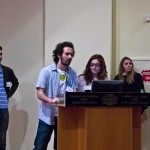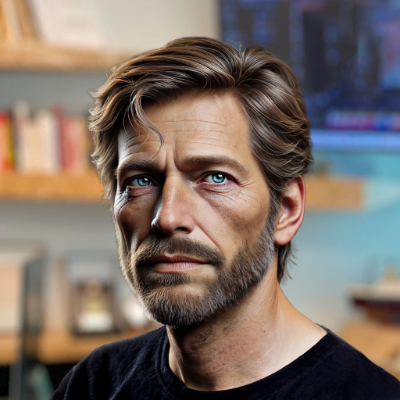BioMed Business Innovation made in Greece – Part 2
Hellenic Startups and BioMed Business Innovation? Υes, like we saw last week, the academic community in Greece has the ability to prove that, despite the economic difficulties of our times, young people can still dream and innovate.

BioMed Business Innovation continues
This time we focus on the 2nd prize winning project at the special BioMed Contes;t held by IEEE EMBS Student Chapter of the University of Patras**.
And, if you missed the first one, be sure to check it out!
We call the project IASON (InterActive System of Nursing)
Its main purpose is to enhance the cooperation between doctor and patients. The scientists who created IASON are Kogias Marios-Evagellos (marioskogias@gmail.com – a 4th year Student at the School of Electrical and Computer Engineering – NTUA); and Karampa Paraskevi (a 4th year student at the Medical School of Athens).

- Students Kogias Marios-Evagellos and Karampa Paraskevi made IASON project, winning the second prize.
The team believes that IASON shares a strong potential for becoming the main product of a new BioMed startup. And perhaps they are right. We asked them a few questions on their project. Let’s see why they think!
Please describe briefly the main principles (advantages and key points) of your winning project at the BioMed Contest. What kind of problem does it solve?
We call our project IASON (InterActive System of Nursing). Its main purpose is to enhance the cooperation between doctor and patients. As we found out when we started the project, there are lots of misunderstandings when it comes to medical records. The patients couldn’t remember every single detail about their medical records; or many doctors didn’t have a way to keep these records.
So, what we want to achieve with IASON is to bring the doctor and the patient closer. Their contact should not end when the patient walks out of the doctor’s office. Through our platform, the doctor will be able to keep all the needed records for his patients. At the same time the patient will be able to give feedback to his/her doctor without needing to visit the office or call; but with a useful mobile app or a web site. Judging on this information the doctor will be able to act accordingly, for example to change the medication.
How innovative this project is comparing to other similar ones?
There are a lot of apps that have to do with medicine and medical care in general. However, the majority of them are either larger scale such emr systems for hospitals, etc or disease dependent. Which means, they are designed for a specific disease like diabetes. The innovation that our application brings is the interactive part. The part that the doctor can take feedback from the patients periodically.
Can you specify potential revenue streams if this project becomes a company product?
Our application targets mostly doctors. Our business model will be freemium. This means that we will give the basic edition of the application for free. If a doctor-customer needs either more space for the medical records or wants to use the interaction that our application offers he will have to pay for this extra service.
How promising is the BioMed academic community in Greece?
Since both of us are students here, what we can say? Human resources in the Greek academic community are great. The ideas and the potential are comparable to that of major universities throughout the world. However, our weak point is the ability to think in a more business oriented way; and find added value in what we do. So, the BioMed academic community here is really promising; but it needs help in order to think out of the box and be creative in every possible field.
———————-
Wait! There’s more!
**At this point we shall remind that the BioMed Business Innovation Contest asked students (in teams or individually) from all over Greece to submit an innovative scientific idea in the academic field of BioMedical Technology; one they believe can become a real product or service.
Participants were called to describe their idea in 5 minutes, clearly; stating important issues like
- what problem their idea solves,
- how they treat this problem,
- how can this idea be marketed and
- what kind of business model they could use if the idea became a company.
There were overall 3 winners with the first 2 receiving money awards provided by Virtual Trip. A company in StartTech Ventures’ Incubator, proudly supporting innovative ideas coming from academic institutions.
The Contest was also supported by the Hellenic Startup Association,Colab WorkSpace and Microsoft Innovation Center.

